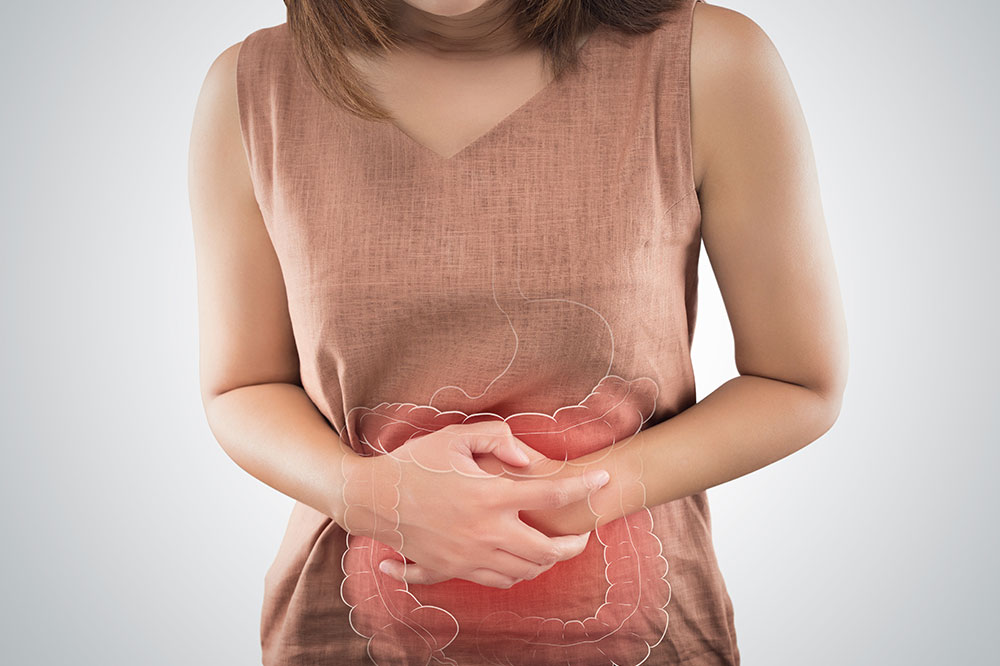
Risk Factors and Signs of Ulcerative Colitis
Ulcerative colitis or UC is an inflammatory bowel disease, a condition that affects the gastrointestinal tract. As the name suggests, the colon or large intestine lining gets inflamed, and sores and ulcers form. While the cause of UC is obscure and unknown, there are several risk factors, and if you notice early symptoms and fall in these high-risk groups, you should visit a doctor.
1. Risk factors
There are several theories concerning ulcerative colitis. Some believe the immune system is to blame, while other doctors blame a variety of factors. The causes for this illness differ from individual to individual, but there are certain risk factors.
2. Genetics
While it is not technically hereditary, ulcerative colitis is more common in some families than others. Most people with UC do not have a family member with the disease, and in fact, only 10% to 20% of people with ulcerative colitis had a close relative who had some inflammatory world disease. The link between DNA and UC is anything but simple, but it acts as another piece of the puzzle.
3. Autoimmune reaction
Since it is a type of IBD, ulcerative colitis can impair the immune system. The immune system is supposed to react only when foreign substances enter the body. However, it is a little more touchy for some individuals and reacts against its cells. These are called autoimmune conditions. While we still do not know the concrete and direct link, immunosuppressants seem to reduce symptoms of ulcerative colitis.
4. Environment
Even if genetics and the immune system play a role, lifestyle and environment seem to work with or interact with causes of ulcerative colitis. UC is a disease of non-smokers. That is, it is common in those who just quit smoking. The prolonged usage of nonsteroidal anti-inflammatory drugs or NSAIDs and antibiotics and contraceptive pills impacts UC.
5. Early symptoms of ulcerative colitis
Ulcerative colitis is a condition where symptoms arise when exposed to triggers, and recede often giving you periods of relief. Symptoms might change over time or vary in severity. The following are the common symptoms of UC.
6. Changes in stools
The first sign of UC is typically diarrhea. Since the inflammation in ulcerative colitis begins in the rectum, it causes changes in the bowels. As the sores become ulcers, mucus, pus, and blood could accompany the stools. You may also feel the need to use the bathroom more often and more urgently.
7. Abdominal discomfort
UC also has a connection with abdominal discomfort. Because you use the bathroom more often, you may feel severe cramps and pain. The constant bathroom trips could also lead to weight loss, loss of appetite, tiredness, anemia, and dehydration.
8. Other symptoms
Apart from gastrointestinal tract symptoms, Ulcerative colitis can also cause skin rashes, mouth sores, joint pain, liver disease, and even red and painful eyes. Fever is another symptom of UC.
UC symptoms are usually worse early in the day. Avoiding triggers like spicy food, alcohol, caffeine, fried foods, nuts, seeds, and raw foods allows you to enjoy weeks and even months of relief from ulcerative colitis.



